Get Involved
See how you can get involved and assist us with early childhood development...

National Development Plan
The impact of a stimulating environment directly affects the growth of the young child’s brain in a significant way. It is important that parents, educators and care-givers should be equipped and educated regarding their children’s cognitive development. The brain is an extremely complex and comprehensive part of the human body. Brain cells are formed within the first three weeks after conception, and play an indispensable role in the development of the child, with between 100 and 200 billion neurons or underdeveloped nerve cells. The brain is made up of many parts which all play a different, yet vital role in the day-to-day functioning of a human being. If sufficient cognitive development and nutritional enrichment is not provided during the early years, a gap in the child’s knowledge and ability to cope with life takes root. A detrimental result of a lack of stimulation is when the neuronal pathways wither and die. This has devastating effects on young children, as they may not be able to achieve further development and growth.

Education White Paper 5 on ECD
According to Education White Paper 5 on Early Childhood Development (2001:2), ‘approximately 40% of young children in South Africa grow up in conditions of abject poverty and neglect… which are most at risk of infant death, low-birth weight, stunted growth, poor adjustment to school, increased grade repetition and school dropout.’ Unless the lifestyles of South Africa’s neglected, under stimulated and malnourished children are rectified, they are at risk of irreversible brain damage and stunted physical growth. Under-age and under-prepared learners, who have proven to be the most at risk in terms of school failure and drop out, will certainly be minimized through the process of providing thorough early intervention and stimulation, as well as the laying of foundational concepts before children enter formal schooling (2001:4).According to the Millennium Development Goals for South Africa, by 2015, ‘children everywhere, boys and girls alike, will be able to complete a full course of primary schooling.’ Primary schooling includes Grades 1 – 7, and refers to children between the ages of 7 and 13 years.

Effective Practitioner Training
According to a study done by United Nations Statistics Division (February 2007), in 1999 merely 64.8% of children that started formal schooling in Grade 1 managed to remain in the system until Grade 5. By 2001 this percentage had risen to 86% of children remaining in school from Grade 1 to Grade 5. In 2004 statistics had dropped to 84.1% of children that began formal school in Grade 1 remained in the school system until Grade 5. Although an increase in literacy, numeracy and life-skills abilities has been noted in South Africa over the past decade, a focus on early intervention has increased and decisions have been made to equip learners from a younger age – laying foundational concepts and ensuring ‘formal’ school readiness. Grade R plays an imperative role in early childhood development. One of the key aspects of this Millennium Goal is to improve access of 5 year old children to Grade R. This new-found importance that is being placed on Early Childhood Development and intervention in South Africa is fundamental in building a foundation for a better South Africa.

The Importance of Early Intervention
It is proven that children who encounter good nutrition and stimulation in the early years are less likely to suffer from illness, struggle adapting to the school environment, repeat grades, drop out of school or need remedial and special attention.
Early Childhood Education in the Eastern Cape has recently been targeted as a priority sector. There are 4.4 million babies and young children in South Africa and according to the Education White Paper 5 on Early Childhood Development (2001:2), about 40% of the young children in South Africa are exposed to harsh living conditions, neglect and a lack of stimulation. As a result when children enter formal schooling in Grade 1 the foundational concepts of learning are not developed, causing children to drop out of school and in many cases repeat grades.

